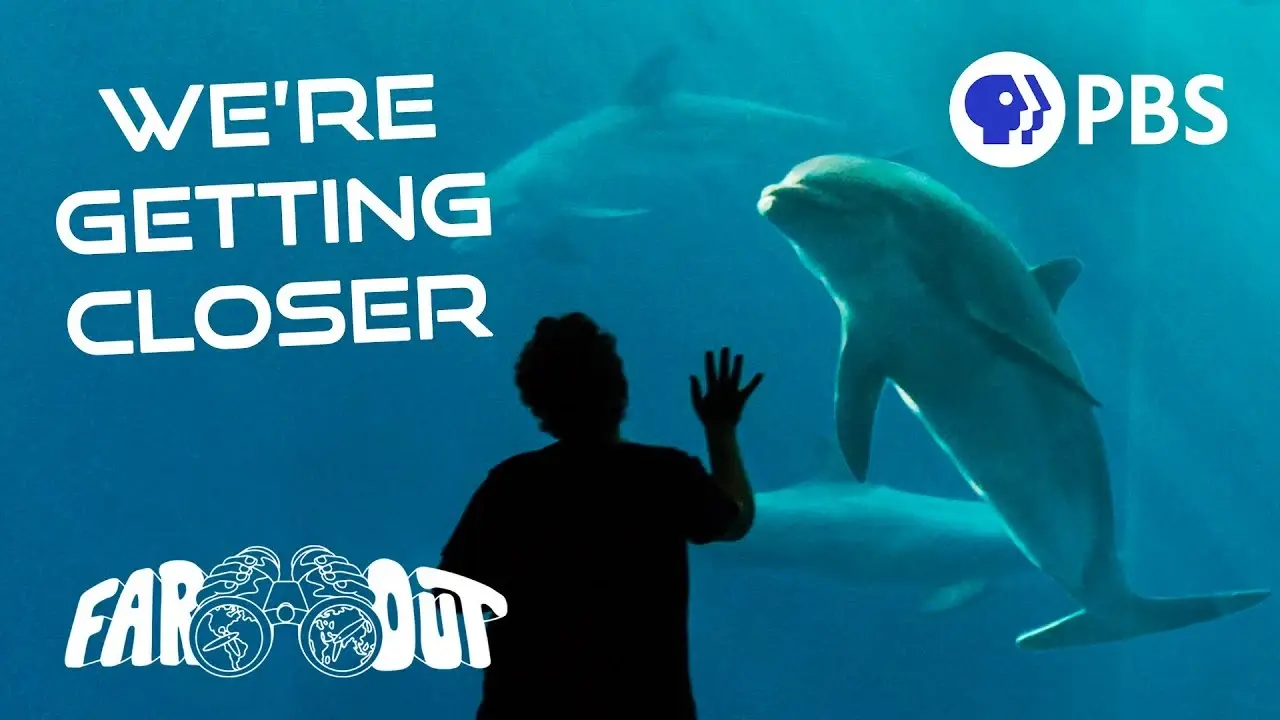Your comment made my day. Thanks.
- 3 Posts
- 412 Comments
Anyone spreading this misinformation and trying gatekeep being an artist after the avant-garde movement doesn’t have an ounce of education in art history. Generative art, warts and all, is a vital new form of art that’s shaking things up, challenging preconceptions, and getting people angry - just like art should.
Entertainment.

 4·20 days ago
4·20 days agoTheir policy could never stop anyone in the first place.

 82·26 days ago
82·26 days agoUsing copyrighted works without permission isn’t illegal and shouldn’t be. You should check out this article by Kit Walsh, a senior staff attorney at the EFF, and this open letter by Katherine Klosek, the director of information policy and federal relations at the Association of Research Libraries.

 2·30 days ago
2·30 days agoI have a feeling this experiment would sooner get the axe than have ads injected. There was initially a waiting list, but just a few days in it was completely open to the public.

 6·1 month ago
6·1 month agoSometimes they just do research. Like when their employees made transformers and nothing came of them until Open AI capitalized on it.

 5·1 month ago
5·1 month agoThere are ads in them now? I didn’t encounter any when using it a few days ago.
I just generated one and didn’t hear any ads.

 153·1 month ago
153·1 month agoFurther confirmation that Switch 2’s hardware will be hot garbage as well.

 131·1 month ago
131·1 month agoIsn’t this just the pay raise the Japanese company is forcing everyone to do? They’re pretty late. A bunch of other companies announced their raises earlier this year. Doing this in October comes off as scummy.

 321·1 month ago
321·1 month agoSomeone dumb enough could easily flatten someone backing up with that bug.

 2·1 month ago
2·1 month agoThe animation stuff you mentioned exists today:
https://www.youtube.com/watch?v=Gt1yNJ180Cs

 30·2 months ago
30·2 months agoThey tried to make video game rentals illegal in the US. They’ve always been a shitty, anti-consumer company.

 91·2 months ago
91·2 months agoYou can never learn anything with these clickbait headlines.

 137·2 months ago
137·2 months agoOr just not show people what you’re typing.

 7·2 months ago
7·2 months agoI can’t tell if this is a joke or not.

 4·2 months ago
4·2 months agoA computer like that is useful outside of work. I’d pay for it out of pocket if I had to.

 2·2 months ago
2·2 months agoYou keep moving the goal posts and putting words in my mouth. I never said you can do new things out of nothing. Nothing I mentioned is approaching, equaling, or exceeding the effort of training a model.
You haven’t answered a single one of my questions, and you are not arguing in good faith. We’re done here. I can’t say it’s been a pleasure.

 1·2 months ago
1·2 months agoDo you have any examples of how they fail? There are plenty of ways to explain new concepts to models.
https://arxiv.org/abs/2404.19427 https://arxiv.org/abs/2406.11643 https://arxiv.org/abs/2403.12962 https://arxiv.org/abs/2404.06425 https://arxiv.org/abs/2403.18922 https://arxiv.org/abs/2406.01300




Here’s a video explaining how diffusion models work, and this article by Kit Walsh, a senior staff attorney at the EFF.